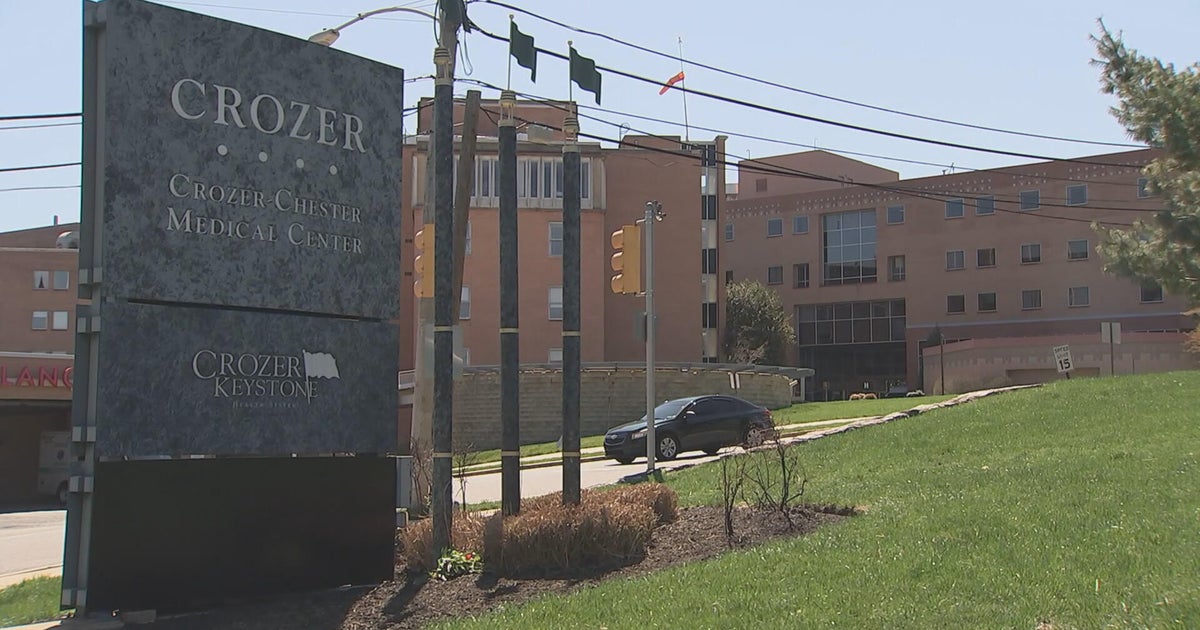A spinal cord injury could be just the beginning of a person’s health problems, according to a new study.
People who have suffered spinal cord injuries are more likely to develop a variety of chronic health problems, researchers reported Tuesday in JAMA Network Open.
High blood pressure, high cholesterol, strokes, heart disease, diabetes, and a host of brain problems and psychiatric conditions are some of the problems likely to plague a person who has suffered a traumatic spinal cord injury.
The researchers found that this increased risk is independent of the patient’s age, the location of their spinal cord injury, or their previous health.
“The journey does not end when patients with traumatic spinal cord injuries leave the hospital or rehabilitation,” lead researcher Dr. Saef Izzy, a neurologist at Mass General Brigham in Boston, said in a news release.
“Programs must be implemented to identify at-risk patients so we can better manage their chronic care and address health problems that put patients at higher risk of death,” he added.
For the new study, researchers tracked the health of more than 1,000 spinal cord injury patients treated at Mass General Brigham and 1,700 treated at the University of California Health System between January 1996 and January 2024.
The researchers compared these patients to similar people without spinal cord injury and tracked them for a follow-up period of up to 20 years.
Compared to the healthy control group, people with spinal cord injuries had:
60% increased risk of high blood pressure
50% increased risk of high cholesterol
2.5 times increased risk of stroke
80% increased risk of clogged arteries leading to heart disease
50% increased risk of diabetes
Tripled risk of dementia
Tripled risk of seizures
More than double the risk of depression
The researchers found that most of these health risks were related to an increased risk of death after a spinal cord injury.
For example, high blood pressure after an injury doubled a person’s risk of death; hormonal alterations increased the risk of death five times or more; depression tripled the risk; seizures increased the risk more than six-fold; and dementia almost five times more, the researchers found.
Researchers speculated that a spinal cord injury could affect a person’s health by causing inflammation, altering blood vessel function, disrupting the body’s automatic functions, and damaging the gut microbiome and immune response.
People with such an injury may also suffer from a lack of physical activity, an unhealthy diet and social isolation, all of which can contribute to poor health, the researchers said.
“These findings highlight the need for proactive, multidisciplinary long-term care strategies,” Izzy said. “Future studies are needed to identify effective interventions to reduce the burden of chronic disease among patients who have suffered a traumatic spinal cord injury.”
More information
Harvard Medical School has more information about spinal cord trauma.
Copyright © 2025 Health Day. All rights reserved.























